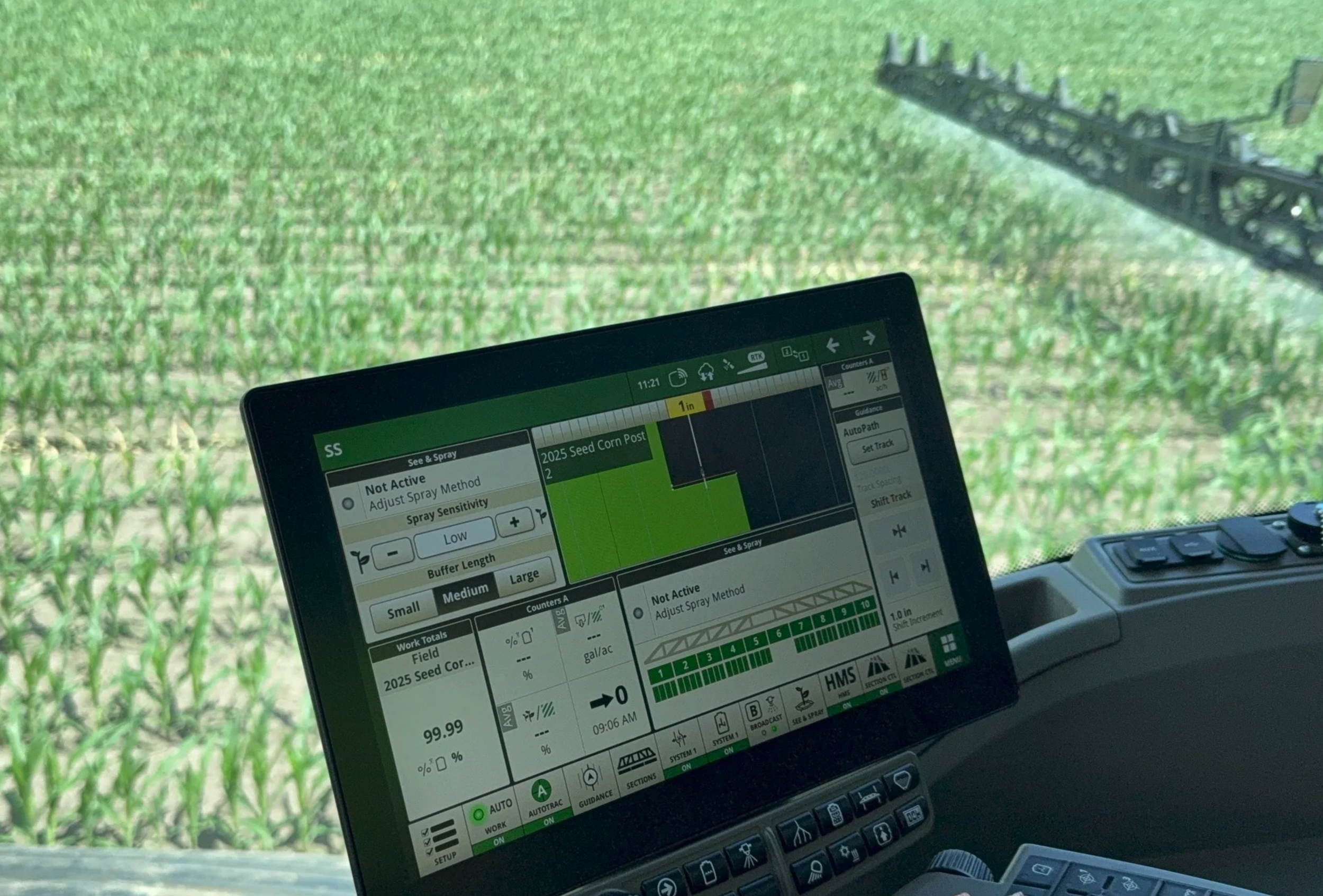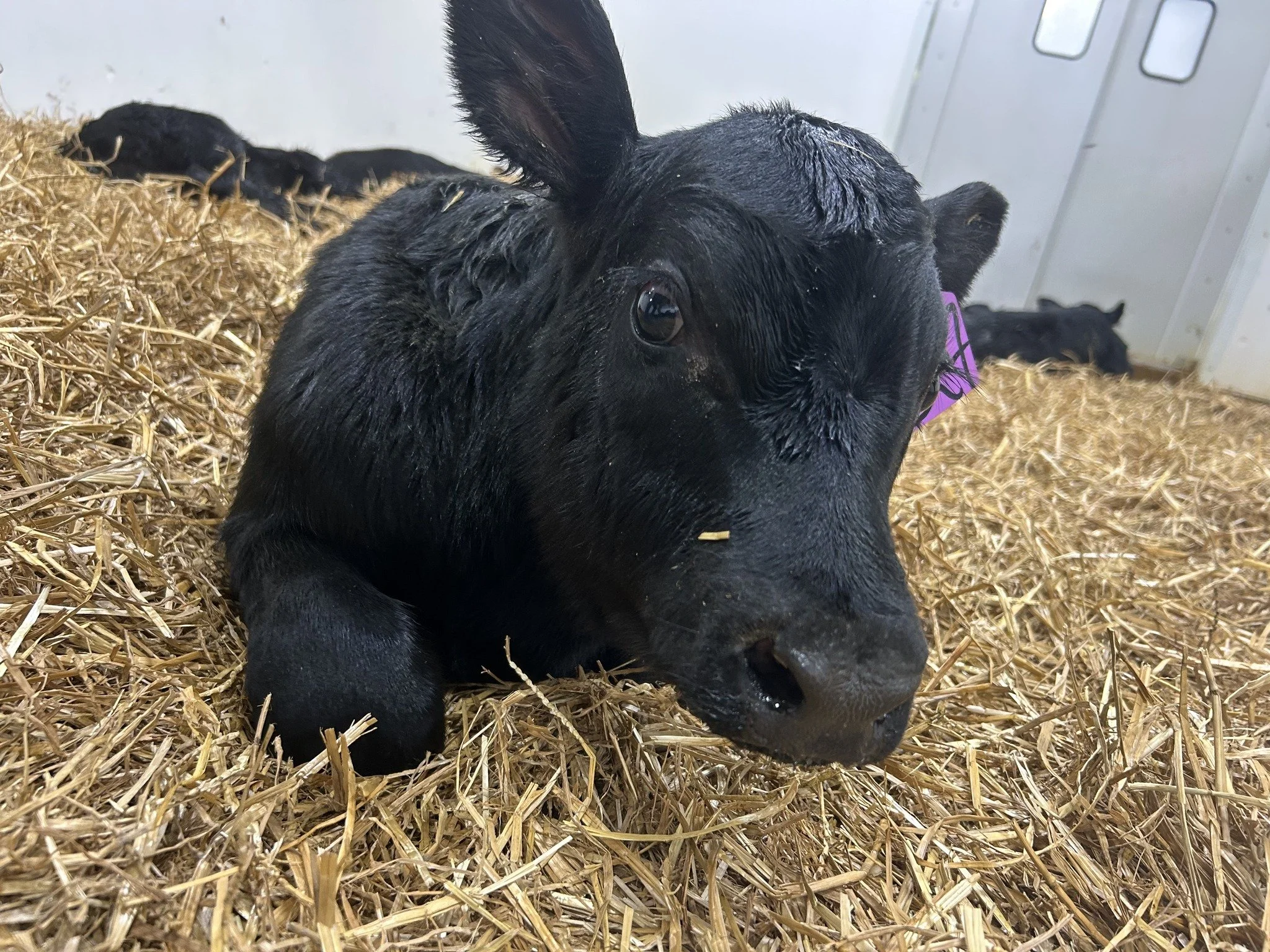Swine Contracts and The Packers and Stockyards Act
/The Packers and Stockyards Act (the “Act”), a federal law first passed in 1921, is intended to ensure fair trade practices and competitive markets for livestock, meat, and poultry. 7 USC 181-229c. It imposes requirements on swine growers and on the contracts between integrators and growers. Regulated business entities include livestock market agencies (including auction markets), livestock dealers, stockyards, packers, swine contractors, and live poultry dealers (including most poultry slaughterers or integrators). Under the Act, it is illegal for any packer or swine contractor to use any unfair, unjustly discriminatory, or deceptive practice or device. These entities process swine and move their products through the meatpacking phases of the livestock marketing channels.
The Act specifically regulates swine contracts. In contract swine finishing, two or more parties share the risks, rewards, and responsibilities of bringing hogs to market. The grower often provides the barns, equipment, manure management, certain record-keeping functions, labor, mortality disposal, utilities, and insurance. The contractor typically supplies the pigs, feed, veterinary services, technical support, transportation, and other record-keeping functions. Most contracts include the language defining the length of the agreement and the potential for contract renewal.
Under the Act, every swine contractor is required to keep accounts and records to fully and correctly disclose all transactions involved in its business, including the true ownership of the business. The Act holds swine contractors responsible for the acts of their employees and agents. Swine contractors may not apportion supply if it would create a monopoly or restrict competition. They may not manipulate prices. Livestock, feed, and carcasses must be weighed. All scales must be installed, maintained, and operated to ensure accurate weights in accordance with federal requirements and be tested for accuracy by trained weigh masters.
The Act also includes specific requirements for swine contracts.
- Any livestock contract that contains a provision requiring arbitration to resolve a controversy must also contain a provision that allows a grower, before entering into the contract, to decline to be bound by the arbitration provision.
- The contract must indicate that the forum for resolving any dispute is the federal judicial district where the principal part of the contract performance takes place. The contract may indicate what state law will apply to the contract.
- A swine production contract must disclose the right of the grower to cancel the contract, the method by which the grower may cancel the contract, and the deadline for canceling the contract.
- The first page of the contract must contain a statement identified as “Additional Capital Investments Disclosure Statement,” which must conspicuously state that additional large capital investments may be required of the grower during the contract term.
The Act also regulates swine packers. A packer is anyone who buys swine for purposes of slaughter, manufactures or prepares any type of swine meat product for sale, or markets any type of swine meat product in an unmanufactured form, acting as a wholesale broker, dealer, or distributor. The packer must meet certain size requirements for the regulations to apply. Each packer must provide an example of each contract it has with a producer to the Grain Inspection, Packers and Stockyards Administration (“GIPSA”). GIPSA summarizes the information it receives regarding contract terms, including base price and the premium or discount schedules. GIPSA makes generalized information available by region and contract type for public release one month after the initial submission of contracts. More information on GIPSA is available here.
These are just a few of the requirements the Act imposes on those in the swine industry. To see all of the requirements included in the Act, see the entire Act online, here.




